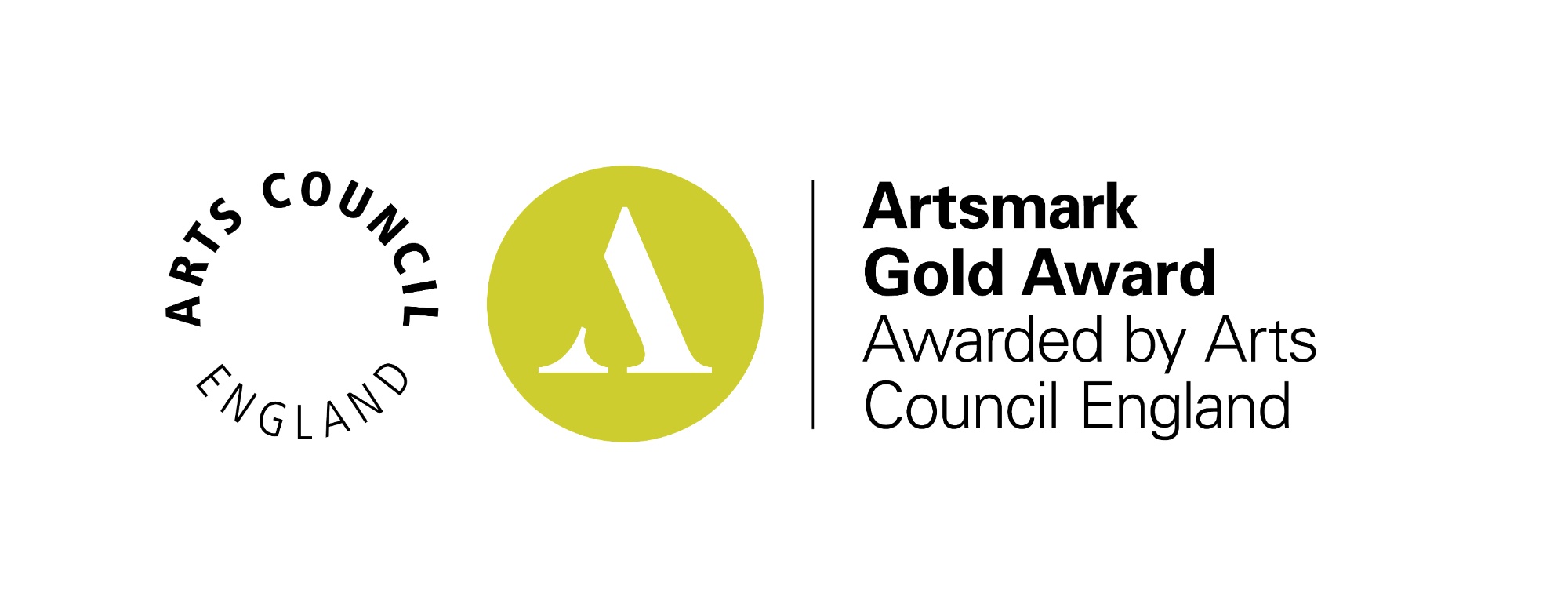social sciences FAQs
Are there opportunities for work experience?
Due to the confidential nature of many jobs in this sector, securing traditional work experience can be challenging. However, we have created many unique opportunities for our students:
- University Research: Close links with universities to carry out research projects.
- NHS App Development: Involvement in developing mental health applications for the NHS.
- Ministry of Justice: Workshops held in partnership with the Ministry of Justice.
- Legal Sector: Links with the Crown Courts.
- Special Educational Needs (SEN): Work experience opportunities within the SEN sector.
If you have a specific career idea, we will do everything within our power to help you find relevant experience.
What if I don't want to study a Social Science at university, are the subjects still useful?
While many of our students do pursue a Social Science degree, many others use these subjects to strongly support their chosen field:
- Psychology is excellent support for the MeDeVet pathway (Medicine, Dentistry, Veterinary Science), and many students choose it alongside Maths and the Sciences. Psychology is, in fact, one of the most sought-after degrees outside of Medicine.
- Sociology and Criminology fit well alongside the Humanities and support degrees such as Law and Social Work.
Are there any trips or other experiences?
Across the two years of study, you will have numerous opportunities to engage with the social sciences outside the classroom:
- Visiting speakers have included an expert on Serial Killers, Police Officers, an Anaesthetist, a Research Methods specialist, and representatives from various charities.
- Educational visits have included:
- Working in research labs at Liverpool University.
- Visiting the Crown Courts.
- Attending workshops with the Ministry of Justice.
- Visiting one of the largest University Fairs in the country.
We are always actively looking for new opportunities.
Why do I need Maths GCSE to study Psychology?
- 10% of the overall marks in Psychology are dedicated to mathematical skills.
- They make up 25% of the marks in the Paper 2 Research Methods section.
- It is vital that you maintain your GCSE mathematical knowledge, and you will develop further skills focusing on the use of statistics and data.
Are the subjects all exam-based?
The subjects have different assessment structures:
- Psychology and Sociology (Traditional A-Levels):
- There are three 2-hur papers at the end of the two years.
- Assessment is 100% examination.
- Criminology (Diploma):
- It carries the same UCAS pints as an A-Level.
- The assessment is broken down into 50% Controlled Assessment (coursework-based) and 50% Exam.
- There is one controlled assessment and one exam at the end of Year 12, and the same in Year 13.
- There is an opportunity for a re-sit.
What career paths are open to me with Social Sciences?
There are a multitude of careers open to you through the social sciences, including:
- Legal & Justice: Law, Prison Service, Police Force, Forensics.
- Health & Welfare: Social Work, Psychiatry.
- Public Sector & Business: Policy Analyst/Political Analyst, Economist, Human Resources.
- Media & Education: Journalism, Teaching.
- Research.
...and many more!
The Social Sciences pathway is the stepping stone to some of the most complex and challenging issues we face as a community and as a nation. You will build an understanding of health, well-being, social justice, social change and the connection between where we live and our life chances.
This is the ideal pathway for you if you like to question the status quo and, importantly, solve the problems that we face. You will have the opportunity to consider the ethics of your decisions and present them in debates. You will have the time to ask questions and find the answers through a range of research methodologies. You will transform your mathematical understanding and communication skills to present your findings.

Suitable Subjects
- A-Level Psychology
- A-Level Sociology
- WJEC Criminology
- A-Level Economics
- A-Level English Literature
- A-Level History
- A-level Biology
- A-level Philosophy and Ethics
Enrichment opportunities:
- University of Liverpool Social sciences
- Mental Health Champions
- International visits
University Courses and Apprenticeships
University Courses
- Psychology (BSc, MSc, PhD)
- Sociology (BA, MA, PhD)
- Criminology (BSc, MSc, PhD)
- Social Work (BA, MA)
- Economics (BSc, MSc, PhD)
- Philosophy & Ethics (BA, MA, PhD)
- History (BA, MA, PhD)
- English Literature (BA, MA, PhD)
- Law (LLB, LLM)
- Education & Teaching (BA, BEd, PGCE)
- Public Health (BSc, MSc, MPH)
- Health & Social Care (BSc, MSc)
- Counselling & Psychotherapy (BSc, MSc, PhD)
- Sport & Exercise Psychology (BSc, MSc, PhD)
- Occupational Psychology (BSc, MSc, PhD)
Apprenticeships
- Psychological Wellbeing Practitioner Apprenticeships
- Social Work Apprenticeships
- Teaching & Education Apprenticeships
- Criminal Justice Apprenticeships
- Youth & Community Work Apprenticeships
Careers
- Clinical Psychologist
- Counselling psychologist
- Educational Psychologist
- Forensic psychologist
- Teacher
- Health psychologist
- High Intensity Therapist
- Occupational Psychologist
- Psychological Wellbeing Practitioner
- Sport and Exercise Psychologist
- Clinical Psychologist
- Counselling psychologist
- Educational Psychologist
- Forensic psychologist
- Teacher
- Health psychologist
- High Intensity Therapist
- Occupational Psychologist
- Psychological Wellbeing Practitioner
- Sport and Exercise Psychologist
Partners
- Liverpool John Moores University – Psychology dept – Research opportunities and visiting lectures.
- Edge Hill University – Psychology department – guest lectures and group activities.
- NHS – App Design.
- Alder Hey Childrens hospital – Visiting speakers .
- Birmingham University – Visiting Criminologist, expert on Serial killers.
- Red Umbrella – Sociology – Reducing stigma around social issues affecting the vulnerable in society.

